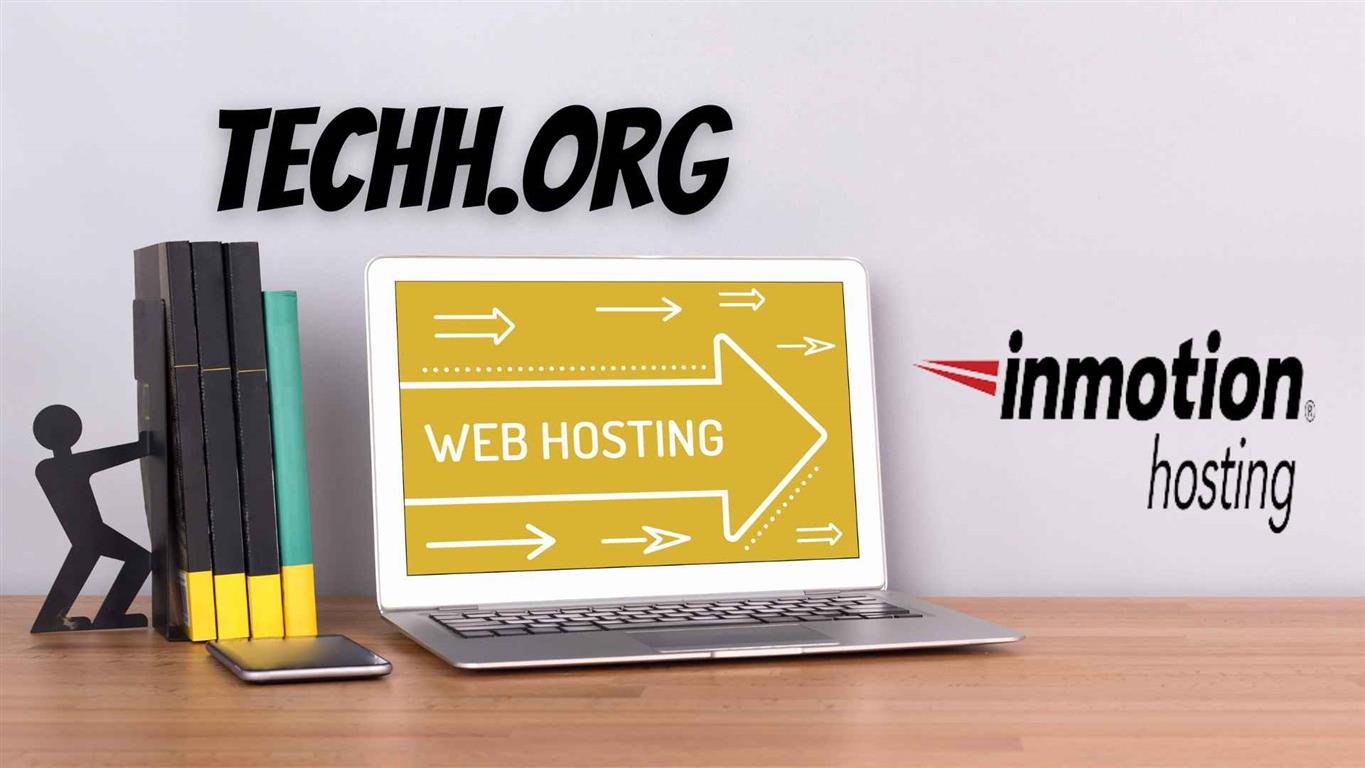Choosing the Right Software In today’s digital era, selecting the correct software for your business is akin to choosing the right partner for a venture. The software you pick can significantly affect your company’s productivity, efficiency, and overall success. Given the vast array of options available in the market, the task of selection can be daunting. This article aims to guide you through the intricacies of making the right choice, tailored to your unique business needs.
1. Understanding Your Business Requirements
Before diving into the vast ocean of software solutions, it’s paramount to have a clear understanding of what your business needs. Are you looking to automate certain tasks? Improve data management? Enhance communication within your team? Pinpointing the specific needs will make the subsequent steps smoother.
Tip: Engage with different departments in your organization. Understand their daily challenges and what could make their tasks more efficient.
2. Budget Consideration
Every business operates on a budget. While it’s essential to invest in good software, it’s equally vital to ensure it’s cost-effective. Consider both the initial investment and the long-term costs, including updates, maintenance, and training.
3. Scalability
Your chosen software should not just cater to your present needs but should also be flexible enough to accommodate future growth and changes. This means considering scalability. Can it handle more data, more users, or new functionalities as your business grows?
4. User-Friendliness
A complex software might boast numerous features, but if it’s not user-friendly, your team might resist adopting it. An intuitive interface ensures that your team will adapt to it faster, reducing the learning curve and enhancing productivity.
5. Integration Capabilities
It’s rare for businesses to rely on just one software. Hence, integration is key. Your new software should seamlessly integrate with other tools and systems you use, ensuring smooth data flow and process continuity.
6. Customization
Each business is unique. Off-the-shelf software solutions may cater to the majority, but having customization options ensures the software can be tweaked to fit your specific needs.
7. Security
In a world riddled with cyber threats, software security is not a luxury but a necessity. Ensure your chosen software adheres to industry-standard security protocols. If it’s a cloud-based solution, understand how data is stored, encrypted, and backed up.
8. Support and Training
Having a robust support system ensures that any hitches or challenges faced during the software’s usage are swiftly dealt with. Moreover, availability of training resources can help your team get acquainted faster.
9. Review Feedback and Testimonials
Sometimes, the best insights come from those who’ve been there. Go through reviews, ratings, and testimonials. If possible, connect with other businesses that have adopted the software and seek their feedback.
10. Take Advantage of Trials
Most software providers offer trial versions. Utilize them. This not only gives you a firsthand experience of the software but also lets you test its compatibility with your business needs.
11. Future Updates and Upgrades
The world of technology is ever-evolving. Opt for software that promises regular updates, ensuring you’re always equipped with the latest features and tools.
12. Think Long-term
While immediate needs are essential, think of your software as a long-term investment. Will it be relevant after five years? Does the company behind the software have a history of consistent innovation and upgrades?
Conclusion
In the grand scheme of business operations, software plays an integral role. The right software can propel your business towards unprecedented growth, while a poor choice can hinder progress. It’s not merely about getting the most advanced software but about getting the one that aligns perfectly with your business vision and goals.
Remember, it’s not a one-size-fits-all scenario. Just because a particular software worked wonders for another company doesn’t guarantee the same results for you. Therefore, research thoroughly, engage with software representatives, and possibly even consult with IT professionals. Investing time in choosing the right software will undoubtedly pay dividends in the future.
Choosing software is an ongoing process of adaptation and growth. As your business evolves, so will your needs. Regularly reassess your tools and stay abreast of technological advancements. After all, in the dynamic world of business, adaptability is the key to success.





